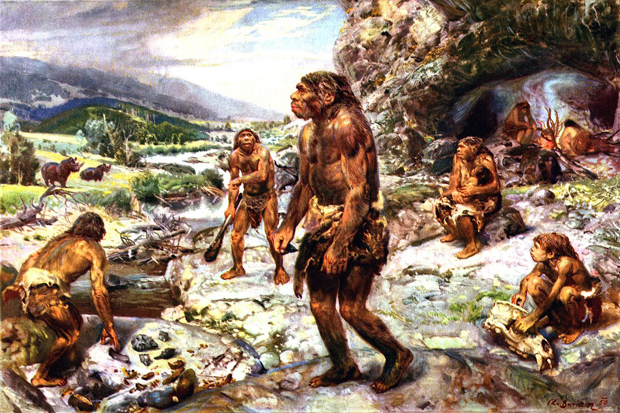JAKARTA – Human evolution and the exploration of the world is shaped by a hunger for delicious food. The conclusions were conveyed by two of the world’s leading academics. Also read: Scientists Uncover the Secrets of Ancient Human Fossils from 3.6 Million Years Ago
Primordial man who have the ability to smell and crave more complex aromas, and enjoy sour-tasting foods and drinks, gain an evolutionary advantage over their less intelligent rivals, says the author of the book. Delicious: The Evolution of Taste and How It Made Us Human. This book tells about the role that sense plays in human development.
Some of the most significant discoveries that early humans made, such as stone tools and the controlled use of fire, were also driven in part by the search for flavors and preferences for foods they found delicious, according to the new hypothesis.
“The crucial moment when we decide whether to use fire or not is, in essence, only the taste of food and the fun it provides. That’s when our ancestors faced a choice between cooking and not cooking. And they choose the taste, “said Rob Dunn, Professor of Applied Ecology at North Carolina State University The Guardian.
Some scientists think controlled use of fire, which may have been adopted millions of years ago, is at the heart of human evolution and helps us develop bigger brains.
“Having a big brain becomes cheaper when you free up more calories from your diet by cooking it,” says Dunn, who co-authored the book with Monica Sanchez, a medical anthropologist.
However, accessing more calories was not the main reason our ancestors decided to cook a meal. “Scientists often focus on what the ultimate benefit is, rather than the direct mechanisms that allowed our ancestors to make choices. We made a choice because of its deliciousness. And the end benefit is more calories and less pathogens, “he added.
The human ancestors who preferred the taste of cooked meat to raw meat began to enjoy an evolutionary advantage over the others. “In general, taste rewards us for eating the things we needed to eat in the past,” says Dunn.
– .

